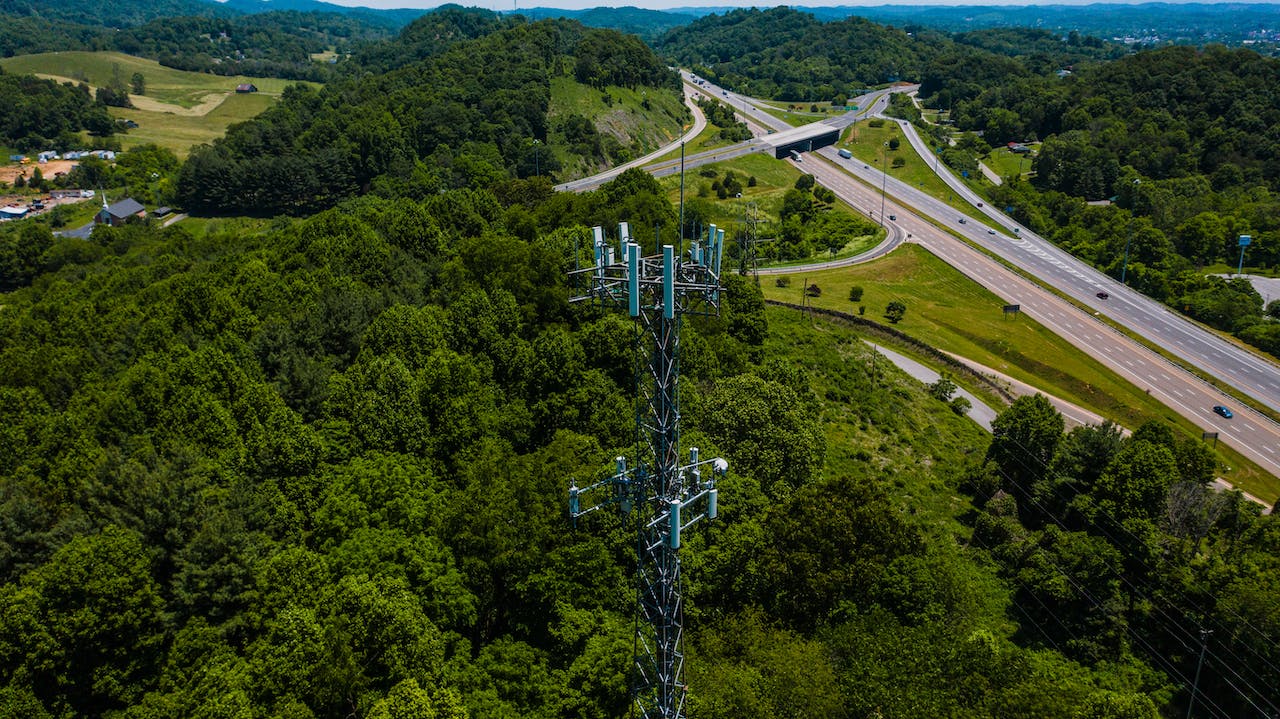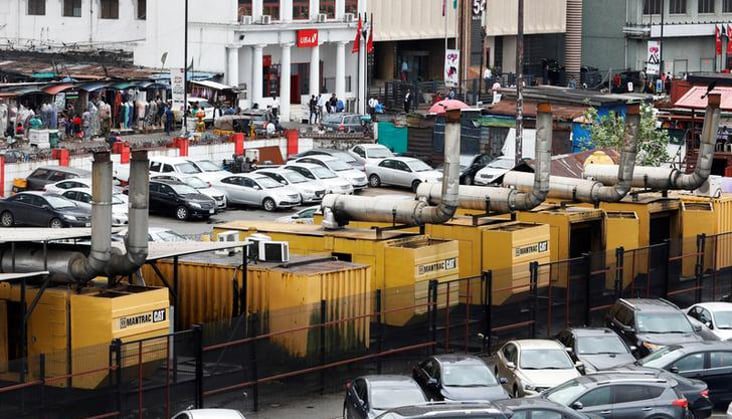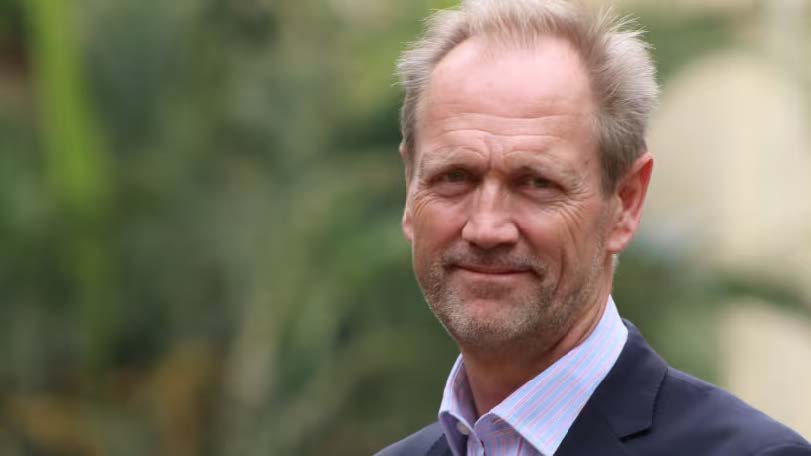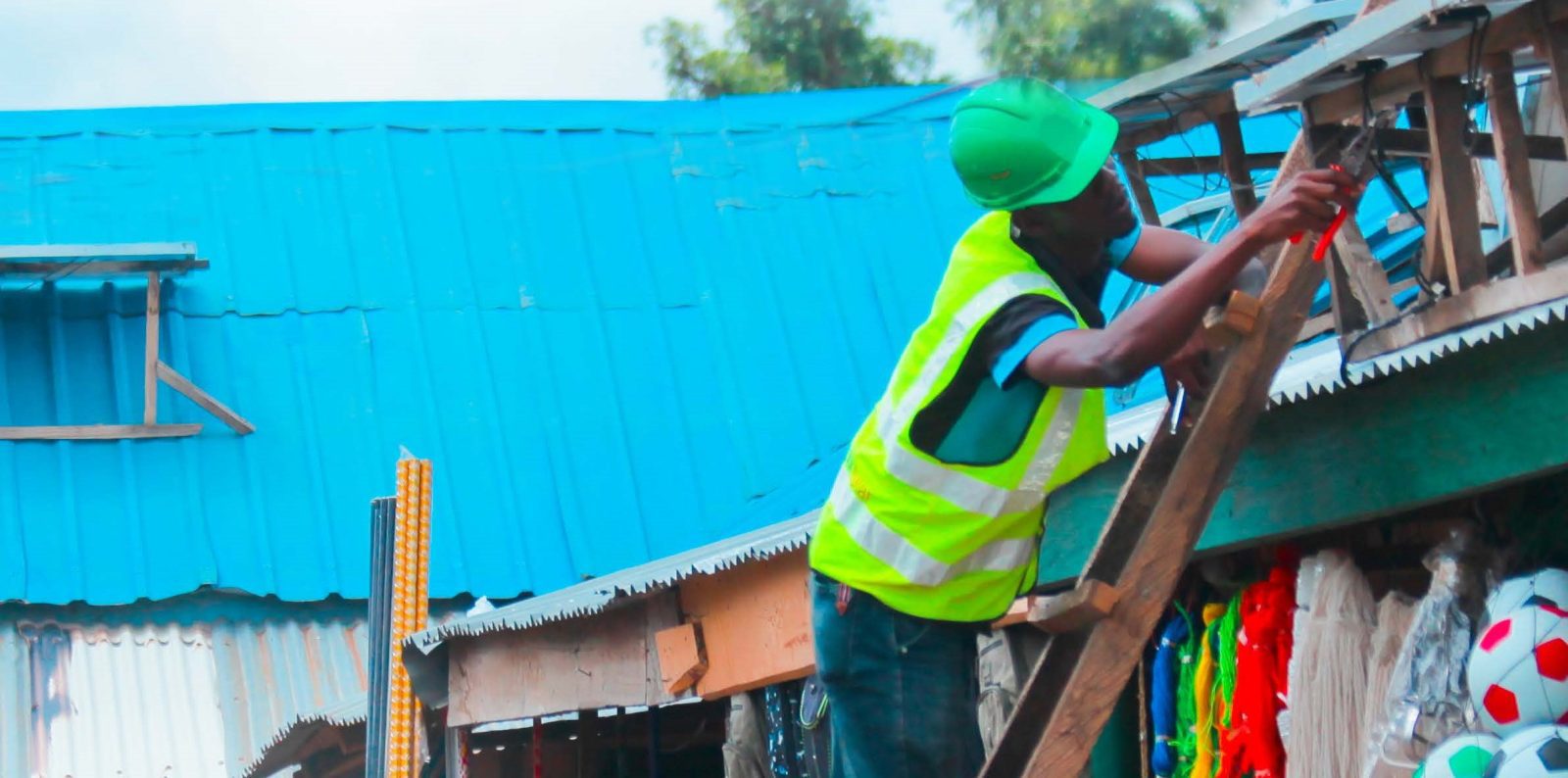Nairobi, Kenya, November 22, 2023 – Africa Healthcare Network (AHN), a leading provider of dialysis services in Africa, has secured $20 million in equity and debt funding, from Africa50 and AfricInvest, two leading African institutions, and Tokyo-based Ohara Pharmaceutical Co., Ltd.
The funding will enable AHN to accelerate its growth and address significant gaps in the availability of high quality, affordable renal care across Africa.
Africa50, which led the equity funding, invests in high-impact, high-growth businesses and projects across the continent. AfricInvest, which provided debt financing through its Transform Health Fund (THF), is a leading pan-African investment platform, dedicated to supporting businesses that drive economic growth and social development. THF is an innovative blended-finance fund that invests in locally-led health supply chain, care delivery, and digital solutions in Africa. Under the leadership of AfricInvest, along with the Health Finance Coalition, a group of leading global health funders hosted by Malaria No More, the fund finances enterprises that improve health system resilience and pandemic preparedness across the continent.
The investment will enable AHN to:
- Expand Access to Care: AHN has 45 clinics today and plans to continue growing rapidly, entering underserved regions to expand access to life-saving treatment.
- Enhance Technology and Disease Prevention: The funding will also accelerate AHN’s technological capabilities, including early identification and management of kidney disease.
- Strengthen its Healthcare Workforce: AHN will further invest in training and development programs for its 500+ employees, continuing to elevate the standard of care.
- Maximize Development Impact and Sustainability: Adhering to the highest ethical and ESG standards, AHN aspires to be a role model in healthcare and a force for good in its local communities.
Matt Williams, CEO of AHN, expressed his excitement, stating, “With the support of Africa50 and AfricInvest, we are well-positioned to make a dramatic impact in the fight against kidney disease and improve the overall healthcare landscape in Africa.”
Raza Hasnani, Managing Director and Head of Infrastructure Investments at Africa50, remarked, “We are excited to be partnering with AHN to further their mission of improving access to quality kidney care across Africa. The AHN team has already achieved significant milestones, and we look forward to being part of the journey to impact more lives. This partnership is aligned with Africa50’s strategic focus on healthcare, a sector which can deliver both positive impact and attractive investment returns.”
Faisal Jiwa, Co-Lead of AfricInvest’s Transform Health Fund, added, “We are proud to be partnering with the entire team at AHN in its mission to improve access to quality, affordable healthcare services in Africa, which is fully aligned with THF’s impact-first strategic focus along the healthcare value chain. We believe AHN is uniquely positioned to build the healthcare ecosystem across the continent, led by a strong culture of impact and operational excellence.”
Nikhil Pereira-Kamath, Executive Chairman and Co-Founder of AHN, reiterated the power of the partnership, “We’ve seen tremendous growth in recent years, growing from 17 centers at the end of 2021 to nearly 50 centers and over 500 team members by year end 2023. With an acute focus on high quality patient care, we look forward to Africa50 and AfricInvest supporting our rapid expansion across the continent with the ambitious goal of achieving 100+ centers by 2025, and further growth beyond.”
The collaboration between AHN, Africa50, and AfricInvest underscores the importance of high-impact partnerships in addressing pressing healthcare challenges in Africa. As part of the transaction, AHN received support on completion deliverables related to the transaction from CrossBoundary, an advisory group focused on unlocking private capital in underserved markets.
About Africa Healthcare Network (AHN):AHN is a leading dialysis services provider in Africa, dedicated to improving access to quality healthcare for patients with kidney disease. AHN operates a network of dialysis centers across the continent, offering world-class treatment, state-of-the-art facilities, and a compassionate approach to patient care. For more information, visit: www.africahealthcarenetwork.com
About Africa50:Africa50 is an infrastructure investment platform that contributes to Africa’s growth by developing and investing in bankable projects, catalyzing public sector capital, and mobilizing private sector funding, with differentiated financial returns and impact. Africa50 currently has 33 shareholders, comprised of 30 African countries (including the governments of Tanzania, Kenya, and Rwanda – all countries of operation for AHN), the African Development Bank, the Central Bank of West African States (BCEAO), and Bank Al-Maghrib. For more information, visit: www.africa50.com About AfricInvest:AfricInvest is a leading pan-African investment platform active in multiple alternative asset classes including private equity, venture capital, private credit, and listed equities. Over the past quarter century, we have raised more than $2bn to finance almost 200 companies at various development stages, delivering value and impact for our investors, portfolio companies, and the communities we serve. Our 100-strong team of investment experts in more than ten offices across three continents has a proven track record of providing attractive risk-adjusted returns while spurring productivity growth, creating jobs, and ultimately improving African lives through inclusive and sustainable development. For more information, visit: www.africinvest.com About Ohara Pharmaceutical Co., Ltd.:Ohara Pharmaceutical Co., Ltd is a pharmaceutical company with major business of orphan drug discovery and generic drug development and manufacturing. In particular, Ohara focuses on the orphan drugs in the field of childhood cancer and high quality accident-preventive generic drugs. Under the current rapidly changing environment where medical treatments and techniques are dramatically improving, we are pursuing providing total healthcare solutions with prevention, diagnosis and aftercare to enhance the quality of patient’s life. We are promoting to develop total healthcare programs in Asia and Africa in alliance with global innovators. For more information visit: www.ohara-ch.co.jp/english/ For media inquiries, please contact: Africa Healthcare Network: Saksham Bhandari, Chief of Staff, Tel: +254 700 420 113, saksham.bhandari@africahealthcarenetwork.com
Africa50: Nana Boakye-Yiadom, Senior Communications Coordinator, Tel: +212 666166308, n.boakyeyiadom@africa50.com
AfricInvest: Ann Wyman, Senior Partner, Tel: +216 71 189 800, ann.wyman@africinvest.com and Jordan Filko, Investment Manager, Tel: +254 725 705 773, jordan.filko@africinvest.com










